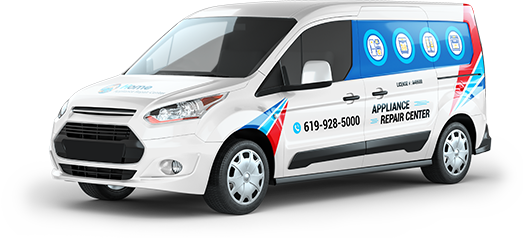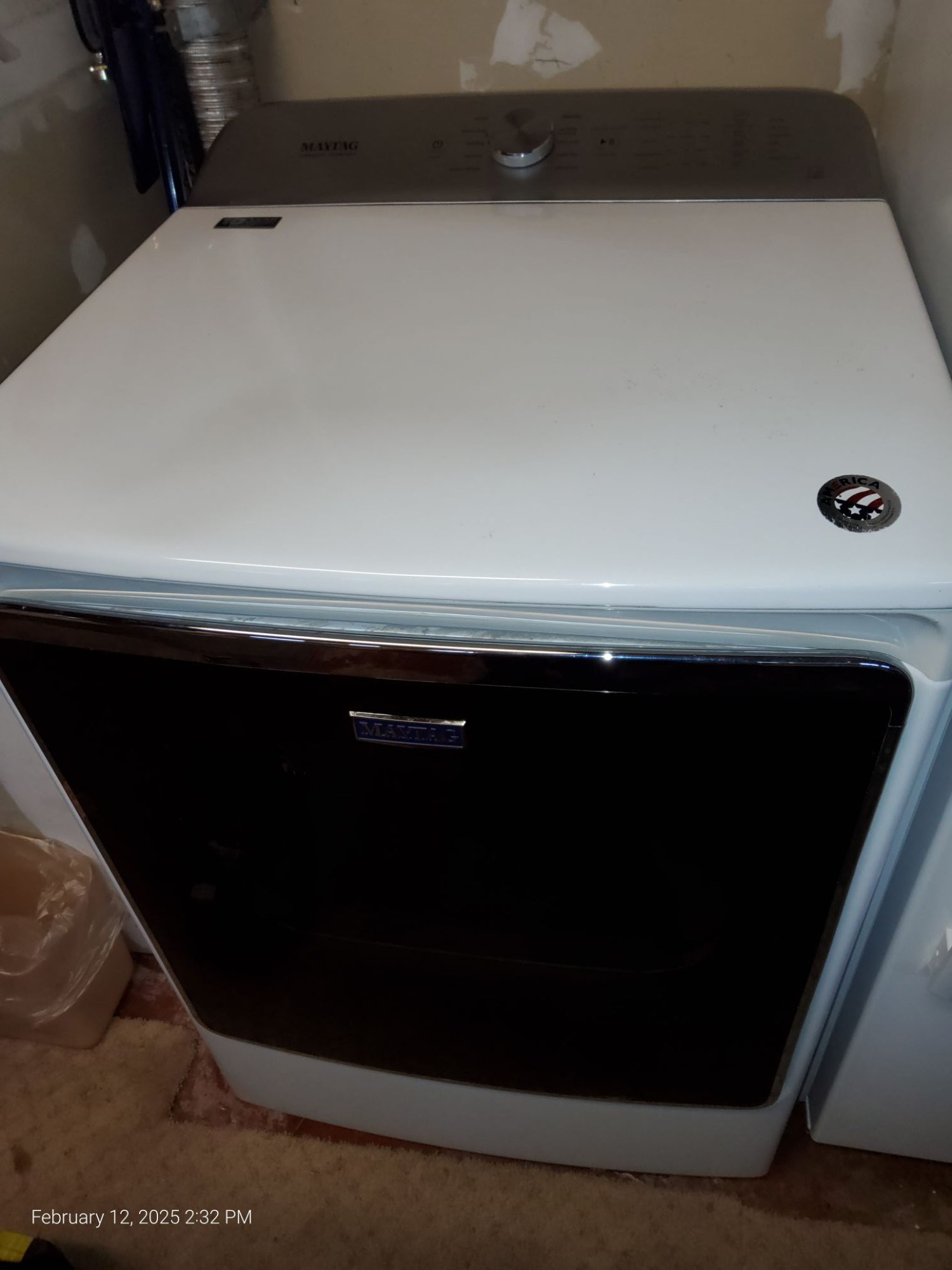In today’s world, energy efficiency isn’t just about saving money—it’s about reducing environmental impact and being a responsible consumer. Washing machines are one of the most commonly used household appliances, and they can be significant energy and water consumers. Choosing an energy-efficient washing machine not only lowers your utility bills but also contributes to a greener planet. Here’s how to make the right choice when shopping for a new model.
1. Understand Energy Labels
The first thing to look at when evaluating energy efficiency is the Energy Star or EnergyGuide label, depending on your region. In Europe, energy labels range from A to G (with A being the most efficient). In the U.S., the Energy Star certification indicates a machine that meets or exceeds energy-saving criteria set by the U.S. Environmental Protection Agency.
Pay close attention to the annual energy consumption in kilowatt-hours (kWh) listed on the label. This will give you a clear idea of how much energy the machine is expected to use annually based on average usage.
2. Check Water Usage
Energy and water usage go hand in hand. High-efficiency washers often use less water per load, reducing the amount of energy needed to heat the water. Look for models with water-saving features or those that use sensors to adjust the water level according to load size.
3. Front-Loading vs. Top-Loading Machines
Front-loading washers are generally more energy-efficient than traditional top-loading models. They use gravity to tumble clothes, which reduces the amount of water and energy needed for each wash. Top-loading machines have improved in recent years, especially high-efficiency (HE) models without central agitators, but front-loaders still tend to lead the pack in efficiency.
4. Look for Load Sensing Technology
Washing machines with load sensing or auto-load detection features automatically adjust the water and energy used depending on the weight and type of the load. This avoids waste and ensures optimal performance.
5. Consider Spin Speed
Machines with higher spin speeds (measured in RPM) extract more water from clothes during the final spin cycle. This means less time and energy will be needed for drying. If you use a dryer frequently, this feature can lead to significant energy savings overall.
6. Size Matters: Choose the Right Capacity
It might be tempting to buy a larger washer, but if you regularly do small loads, you’ll end up wasting energy and water. On the other hand, constantly overloading a small machine is inefficient and shortens the appliance’s life. Choose a capacity that fits your household’s needs—neither too big nor too small.
7. Delay Start & Eco Modes
Modern washing machines often come with eco modes or energy-saving programs. These settings use less water and run the cycle at lower temperatures, reducing energy use. The delay start feature can allow you to run the washer during off-peak electricity hours, saving on your utility bill if your provider offers time-of-use pricing.
8. Inverter Motors for Better Efficiency
Washers equipped with inverter motors adjust power according to the load, resulting in smoother operation and lower energy consumption. Inverter technology also contributes to a quieter machine and extended lifespan.
9. Long-Term Cost Efficiency
While energy-efficient washers may cost more upfront, they offer significant savings over time through reduced energy and water bills. Consider the total cost of ownership rather than just the purchase price.
10. Maintenance Helps Efficiency
Even the most efficient washer won’t perform well if it’s poorly maintained. Regular cleaning of filters, dispensers, and the drum helps maintain optimal energy usage. Call a professional for annual servicing to keep everything running smoothly.
Need help with washing machine maintenance, installation, or repair? Trust the experts at HOME APPLIANCE SERVICE CENTER.
We’ll make sure your appliance operates at peak energy efficiency.
Call us today or book your service online!
Contact us
(619) 928-5000
 619-928-5000
619-928-5000  Request Service
Request Service 
